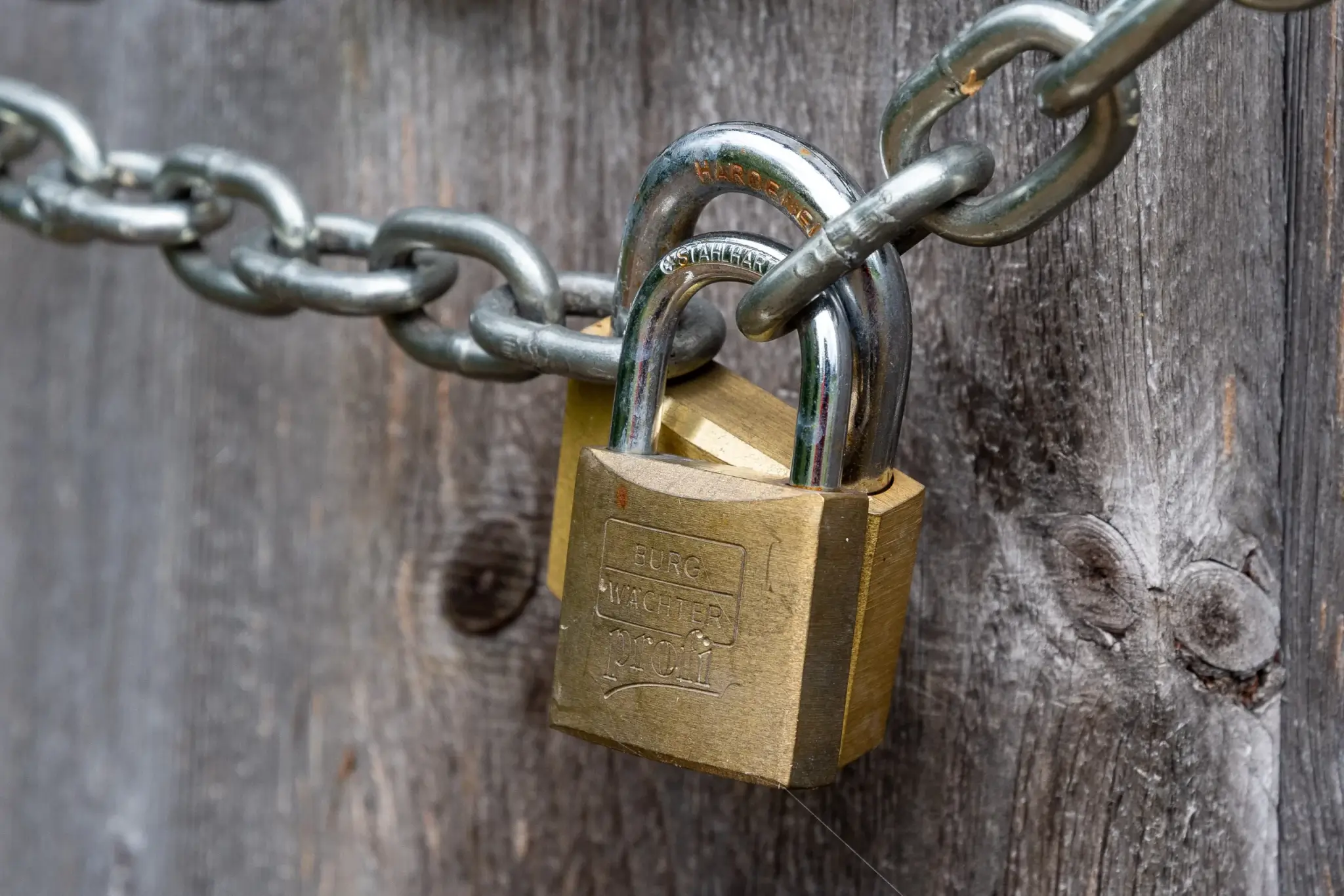I recently changed my name, does DeleteMe cover both names since I am one individual?
Will Simonds
Reading time: 5 minutes

Table of Contents
So, you changed your name. Or maybe you use an alias. You thought that this would help you keep yourself safe, or at the very least, protect your personal information. But some way or another, data brokers got a hold of this new information which means that there’s now a real possibility that someone might connect your new name to your real identity.
There’s no need to panic. With DeleteMe, you can remove as many names from data brokers and people search sites as you want, including your legal name, new name, maiden name, married name, alias, and nickname.
Keep on reading to learn why someone would change their name or use an alias and how you can add a new name or alias to DeleteMe.
Why Would Someone Facing Harassment Change Their Name?
Victims of harassment often seek to change their first or last names to help create a life free from harassment. By changing their name, victims make it harder for perpetrators to find them. However, changing your name can come with its own set of drawbacks too.
Why Would Someone Use an Alias?
The reason most people use an alias (an assumed name that shouldn’t be confused with a new, legal name) instead of their real name is fairly obvious; they don’t want anyone to discover their real identity. For example, Steve Wozniak used an alias when attending the University of California, Berkeley.
According to a 2014 study by Disqus, a blog comment hosting service, 70% of people use an alias to maintain their privacy online.
With the proliferation of data brokers, people are becoming increasingly concerned about their personal data and the way that it’s being used. By using an alias when signing up for online accounts, you can minimize the amount of information that brokers can collect on you. This, in turn, can reduce the likelihood of identity theft, doxxing (someone publishing your sensitive information online), and swatting (prank calling the emergency services in the hopes that they’ll send a SWAT team to an unsuspecting person’s house).
In some cases, people who use an alias would be in danger if others knew their real name. Certain groups of individuals — like journalists, gamers, activists, politicians, celebrities, and people with public-facing jobs such as police officers — are at an increased risk of doxxing, which can lead to both online and offline harassment. Some victims of harassment might not want to or might not be ready to change their legal name, in which case they may choose to use an alias instead.
People might also use an alias online to separate their personal and professional identities and improve their employment prospects. In 2018, the employment website CareerBuilder found that 7 in 10 employers use social media to screen potential employees during the hiring process. Moreover, almost 1 in 2 use social media to check up on current employees and about a third have reprimanded or even fired workers for their social media activity.
If a person’s legal name is difficult to spell or pronounce, this might encourage them to use an alias instead. This practise is quite common among immigrants. Actors and writers also often use an alias. For example, after the massive success with the Harry Potter series, J. K. Rowling wrote her new novel, “The Cuckoo’s Calling,” under the name of “Robert Galbraith”. Her reasoning for doing so? She wanted “to go back to the beginning of a writing career in this new genre, to work without hype or expectation and to receive totally unvarnished feedback,” she said in an interview with The Guardian.
Tip: Looking for a new, realistic sounding name? Fake Name Generator can help.
Is it legal to use an alias?
It’s legal to use an alias if there’s no illicit purpose behind it (i.e., you’re not using the alias for fraudulent purposes). However, you generally can’t use an alias in a legal capacity (i.e., when filling out documents that require proof of identity).
New Name, Fresh Start?
Not necessarily. Even if you change your name or use an alias, data brokers and bad actors can still find out an awful lot about you. A few personal details that you inadvertently divulge here and there can eventually lead to your new and old names being connected online.
If you want to stop people from finding you, your best bet is to remove any names you go by (your legal name, alias, or new name) from internet search results.
The first step in doing so is deleting all the listings that data brokers or people search sites have on you, which is a somewhat tedious process. The good news is that DeleteMe can do all that for you, at no extra cost. Whether you want to remove your legal name, new name, maiden name, married name, or your alias, we’re here to make sure that your sensitive information is and remains private.
Here’s how you can add a new name or alias in DeleteMe:
1. Login to your DeleteMe account at joindeleteme.com
2. Once logged in, click “Edit datasheet”
3. Click the “Edit” button
4. Click “Add alternate name +“
5. Add the new name and repeat this process to add as many names as you need covered
6. Scroll to the bottom of the page, click next, and confirm any changes
You’re all set! Any new names that you’ve added will be included in your next DeleteMe report. Or, you can request a new report at the time of the change by contacting our support team.
Our privacy advisors:
- Continuously find and remove your sensitive data online
- Stop companies from selling your data – all year long
- Have removed 35M+ records
of personal data from the web
Save 10% on any individual and
family privacy plan
with code: BLOG10
news?
Don’t have the time?
DeleteMe is our premium privacy service that removes you from more than 750 data brokers like Whitepages, Spokeo, BeenVerified, plus many more.
Save 10% on DeleteMe when you use the code BLOG10.
















